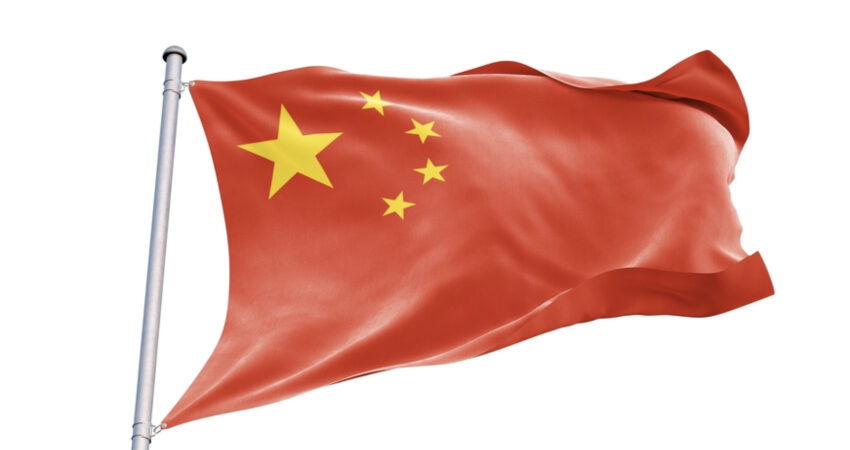Allegations of Chinese interference in local and federal political leadership races in Canada have surfaced, raising concerns about potential future attempts to influence U.S. elections. A classified report from the Canadian Security Intelligence Service (CSIS) revealed that an unidentified candidate vying for leadership within a provincial political party engaged with Chinese agents at a Chinese consulate in 2022, seeking their support.
The report, marked as a CSIS “Intelligence Assessment” from October 31, 2022, references the candidate as “CA3.” It outlines how Chinese agents are strategically utilized to sway leaders of Canadian political parties across federal, provincial, and municipal levels. Although the report does not explicitly name the political party or the candidate involved, speculation suggests it could be linked to either the British Columbia New Democratic Party (BC NDP) or the Alberta United Conservative Party (UCP), both of which held leadership races during that period.
However, both the BC NDP and the Alberta UCP have refuted any allegations that a candidate within their ranks met with Chinese counterparts. This controversy highlights the complexities surrounding potential foreign interference in Canadian elections, indicating gaps in Ottawa’s ongoing foreign interference investigation, which primarily focuses on federal elections but not provincial or municipal ones.
The CSIS findings also shed light on concerns about the presence and influence of Chinese interference within the Canadian landscape, particularly within significant Chinese-Canadian communities. Reports indicate the existence of what is termed as “police stations” in Canadian cities, supposedly acting on behalf of the Chinese state to target dissenting Chinese individuals—a form of interference identified by CSIS as an “arsenal of interference.”
This situation has prompted questions about whether similar concerns should be raised regarding potential Chinese interference in U.S. elections, especially given the strong connections some Democrat politicians have with China. Republicans have criticized President Joe Biden, accusing him of projecting weakness on the global stage and citing the Biden family’s business dealings in China as evidence.
Senator Rick Scott of Florida has openly criticized Biden’s approach towards China, claiming that Biden has failed to stand up to the Chinese government, allowing them to assert dominance over the United States. Scott’s remarks suggest a perceived lack of assertiveness in Biden’s dealings with China and his reluctance to confront dictatorial regimes worldwide. These developments reflect growing apprehensions about foreign influence in elections, emphasizing the need for vigilance and transparency in safeguarding democratic processes against potential interference.





